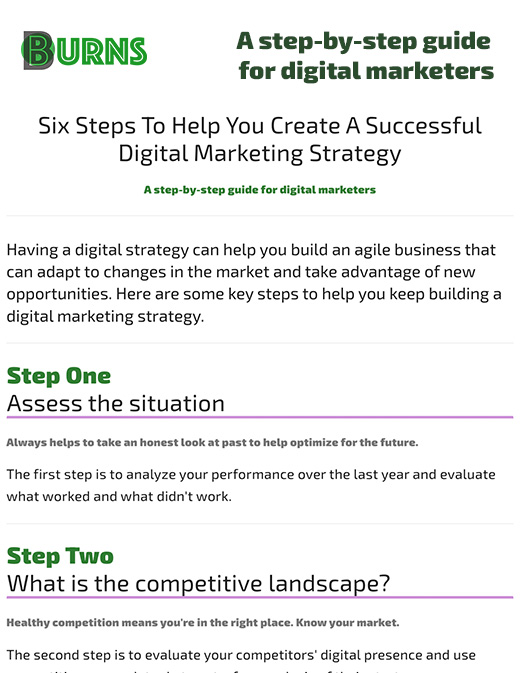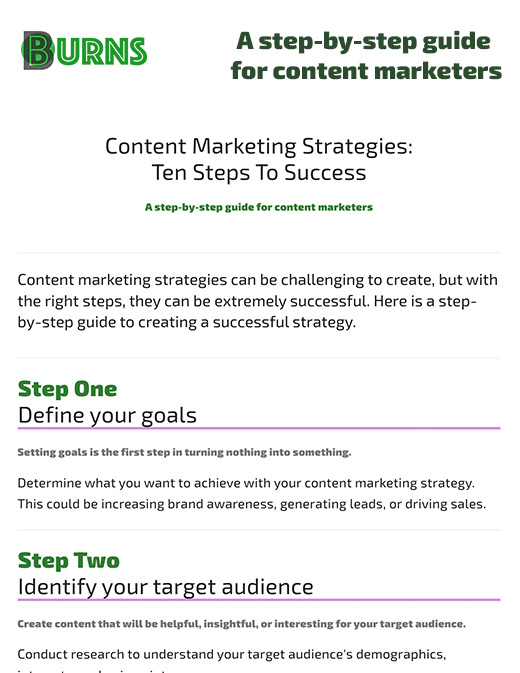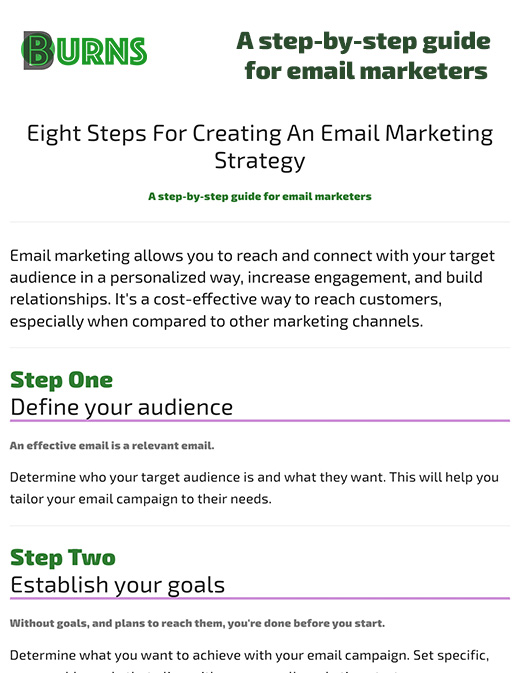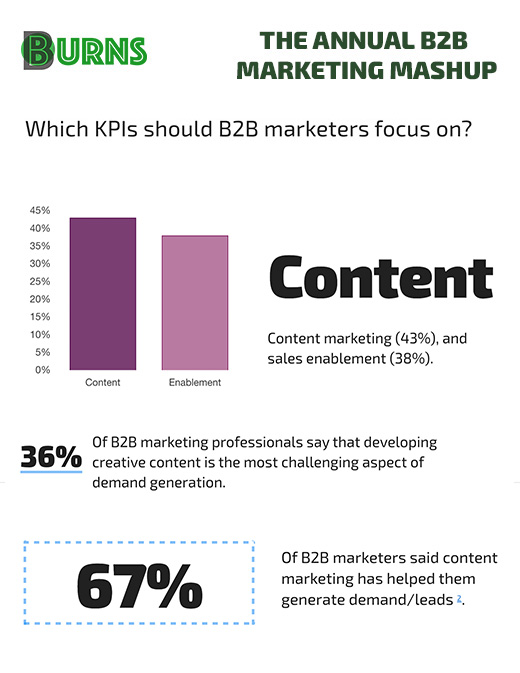What benefit does AI bring to demand generation?
Josh BurnsDate: April 8, 2023 | Time: 3 min to read
A demand generation strategy is the process of creating awareness and interest in a product or service in order to generate demand and ultimately drive sales.
Artificial Intelligence (AI) has been transforming various industries, and marketing as we have discussed is no exception. One of the areas where AI is making a significant impact is in demand generation. Demand generation is the process of creating interest and awareness in a product or service to generate demand and ultimately drive sales. AI is helping marketers to improve demand generation by providing insights, automating processes, and personalizing customer experiences.
Analyze customer behavior and identify what is most effective
AI is improving demand generation by providing insights into customer behavior. AI-powered tools can analyze customer data to identify patterns and trends, which can help marketers to understand their customers better. This information can be used to create targeted marketing campaigns that are more likely to resonate with customers. For example, AI can analyze customer data to identify the channels, tactics, and messages that are most effective in driving conversions. This information can then be used to optimize marketing campaigns and improve their effectiveness.
Align Content and Tactics to the Customer Journey

Post-funnel (advocacy): Satisfied customers become advocates for the business, recommending it to others and potentially providing testimonials or case studies
Understand the needs of customers, match them with products and services, and persuade them to buy
AI-powered tools can automate tasks such as lead scoring, lead nurturing, and email marketing. This automation can help marketers to save time and resources, allowing them to focus on more strategic activities. For example, AI can automatically score leads based on their behavior and engagement with marketing materials. This information can then be used to prioritize leads and focus on those that are most likely to convert.
One of the most significant benefits of AI in demand generation is its ability to analyze data.
AI is improving demand generation by personalizing customer experiences. AI-powered tools can analyze customer data to create personalized marketing messages and experiences. This personalization can help to improve customer engagement and drive conversions. For example, AI can analyze customer data to create personalized product recommendations or to tailor marketing messages based on the customer's interests and preferences.
There are a good number of AI tools and resources in use today
Some notable AI marketing tools include:
- OfferFit: a marketing decisioning engine that selects the best message, incentive, timing, and channel for every customer using self-learning AI to automate the process of experimentation.
- Jasper.ai: an AI-powered copywriting tool that can generate high-quality content in seconds.
- Pattern89: a marketing AI tool for digital ads that helps clients optimize campaigns and creative elements such as images, colors, or emojis.
- Phrasee: an AI-powered tool that generates and optimizes email subject lines, body copy, and calls to action.
- Smartwriter.ai: an AI-powered writing assistant that can help with content creation, editing, and optimization.
Other AI marketing tools mentioned in the articles include GrowthBar, Optimove, Acrolinx, InstaText, Grammarly, Seventh Sense, Brandwatch Consumer Intelligence, MarketMuse, DeepL, Chatfuel, Customers.ai, ManyChat, Brand24, Surfer SEO, Frase.io, Smartly.io, and Emplifi.io.
When we look at current state of AI, there are some headwinds to be considering
One of the main challenges of using AI in demand generation is the availability and accuracy of data. Companies already struggle to maintain accurate data, starting with the most basic element of all, the product code. Ever-accelerating launch programs and shrinking product lifecycles mean more product churn than ever. Another challenge is the uneven pace and extent of adoption of AI by organizations. Although many organizations have begun to adopt AI, the pace and extent of adoption has been lopsided. Additionally, effectively building and deploying AI and machine learning systems require large data sets, and AI is a data hog. The complexity and scale of data being produced and used by businesses across sectors are more than humans alone can handle. Enterprises have started adopting the new AI wave in analytics to tackle data and improve their processes, but data scientists and high-level data analysts will continue to be in demand, and are critical to helping enterprises design and test algorithms and data.
It is an exciting time to be a marketer
AI is transforming demand generation by providing insights, automating processes, and personalizing customer experiences. As AI technology continues to evolve, we can expect to see even more innovative solutions that will help marketers to improve demand generation and drive business growth.
Some additional resources:
Resources



